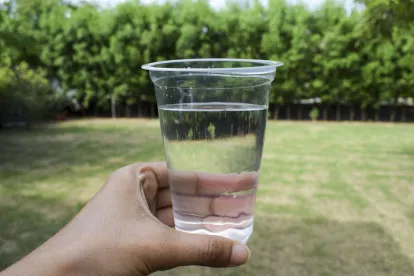Now that EPA has designated as "hazardous substances" at least two of the hundreds of "forever chemicals" known collectively as PFAS, does it make sense for the hundreds if not thousands of cities and towns across the country whose water supplies have been contaminated by PFAS to remain in the water business?
Here in the northeastern United States, the provision of drinking water has remained a municipal function in many municipalities even though regional drinking water and wastewater treatment providers are available. But perhaps PFAS will finally drive the regionalization of this critically important service?
The Boston Globe reports that at least for now the City of Cambridge will be getting its drinking water from the Massachusetts Water Resources Authority after hundreds of years providing its own water from reservoirs in Cambridge and nearby towns.
Given the level of treatment necessary to reduce PFAS concentrations to the infinitesimally small (parts per quadrillion or thousandths of a trillion) concentrations EPA will say (and Massachusetts DEP has already said) is safe, and the cost of that treatment, perhaps regional treatment of drinking water is an idea whose idea has come. And perhaps moving to regional supplying of drinking water might be a step on the path toward regional wastewater treatment?
In Cambridge, Owen O’Riordan, the acting city manager, said the city’s move to the MWRA “reflects our commitment” to provide safe water to residents, including pregnant or nursing women, infants, and people with compromised immune systems — all of whom are among those most impacted by increased PFAS levels.




 />i
/>i

